
Putting a price on portability
Today’s note is a discussion with Tanja Salem on the complex topic of charging fees for data transfers in various contexts, including UK Smart Data.


Today’s note is a discussion with Tanja Salem on the complex topic of charging fees for data transfers in various contexts, including UK Smart Data.

Building seamless, secure and scalable data transfer tools is challenging. At what point do effective direct transfers become technically feasible?

We’re pleased to share the annual report for 2025, our third full year in operation, in which we reflect on our impact within the ecosystem. Enjoy!

The year ahead will be transformational for data portability. Here are some predictions from our point of view at DTI.

Enjoy your holidays with the gift of our favorite things from 2025.

The consultation closes in two days. In this email I preview what DTI is going to submit, focusing on direct transfers, trust, consent, and AI.

Sharing three items from our recent work at the Data Transfer Initiative - two recently published external articles and an update on network growth.

DTI Summer Fellow Thomas presents a Functional Real-Time framework report to help contextualize latency and speed in data portability.

Snapchat just made the case for why being able to transfer your data easily from one service to another really matters.
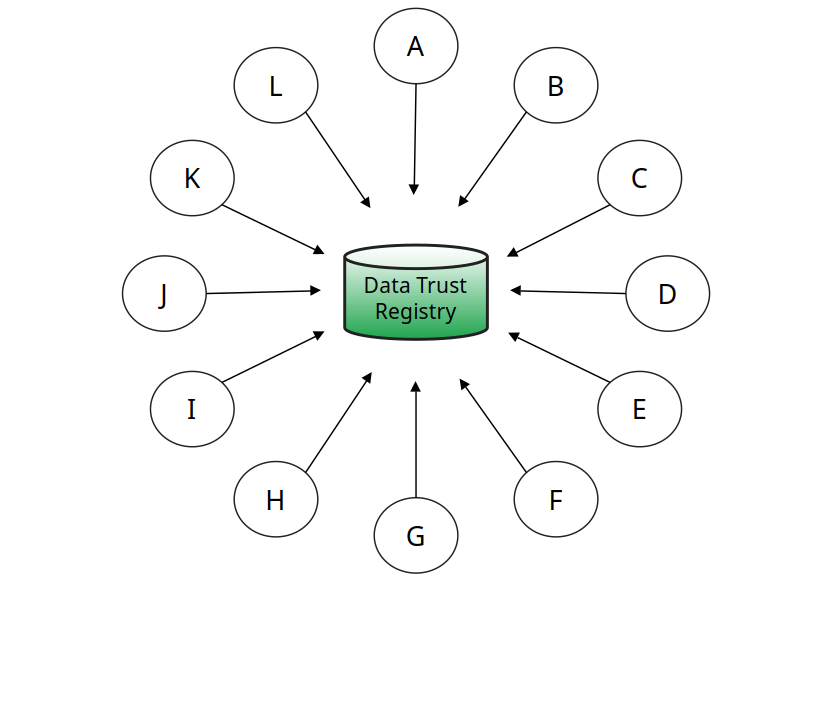
DTI’s new Data Trust Registry helps make data sharing between services safer and easier. It lets companies prove they can be trusted with user data through a shared verification system, cutting costs and improving consistency for everyone involved..
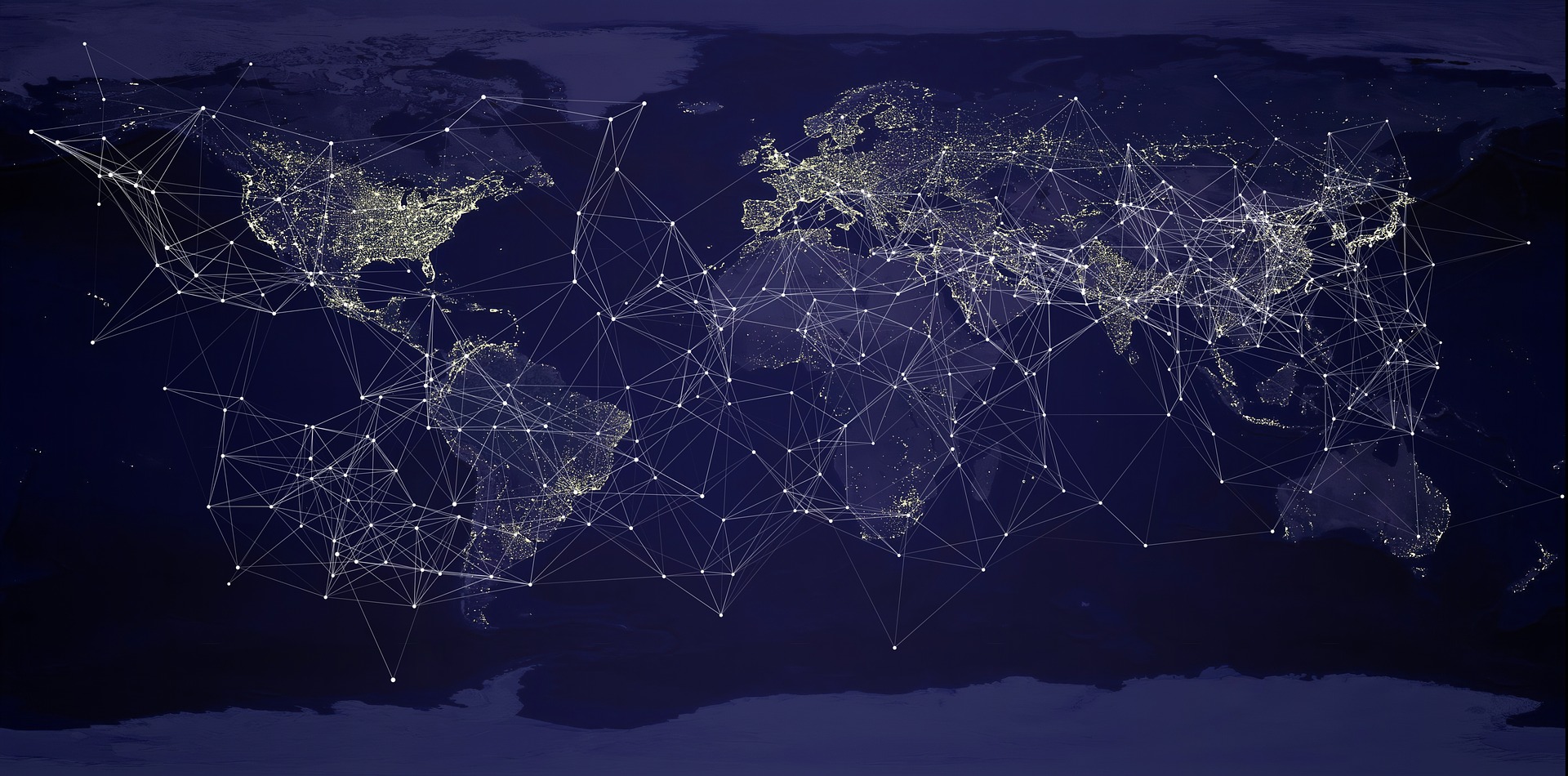
With submissions to data discussions in Brussels and London on tap, today's newsletter focuses on the value of global solutions for a global internet.

DTI summer intern Yara Khazindar writes on emerging use cases of data portability going beyond user value to offer broader societal benefit.

Last week, DTI introduced principles for portability of personal data in AI. In this note I write to talk about why, and what lies ahead.

It’s been a hot summer full of bad news for privacy. Just like a super hero movie at the box office, could data transfer be a hero to save the day?

Sharing updates on data portability and related laws around the world.

As use cases for data portability diversify, it’s worth developing a deeper appreciation of reciprocity, and where and how it is valuable.

Four recent events in Europe highlight and contextualize DTI’s ongoing prioritization of the region for data transfer work.

As far as the popularity of data rights goes, data portability has been the equivalent of the kid picked last in gym class. How do we change that?

The UK’s data bill, and the Smart Data powers within, continues to bounce around in the legislature. Here’s why DTI is invested in the outcome.

A move from client-server to Web access made portability harder. That is why we at DTI are working on it.

DTI is doing a lot of work on trust. I spoke to a college privacy class about why, and how things are going.

A state better known for its natural beauty has something pretty interesting going on for your data rights.

Millions of Americans are filing their taxes with the same software every year. Is that by choice, or are they stuck? Portability can help.

It was with great excitement and personal pride that I joined the DTI team in February as the newly created Head of Europe.

It’s time to say goodbye to Skype…and maybe go grab your data before the end.

Recently, DTI hosted Google for a conversation on its new data portability APIs. Here’s how it went.

The Action Summit is over. It’s time to build – and open intersections offer the most upside.

At DTI, year 2 is in the books, and it was a big one - but we have even more ahead. Read more.

On January 19, TikTok may become unavailable in the United States. If that affects you, here’s what we know about protecting your data.

What do retail shopping returns tell us about the importance of reciprocity in data portability? We’re more free when we know we can undo things.

We are publishing in "beta" a more granular Trust Model, building on our prior work. Input is encouraged as we look to put this model into practice.

To realize the full potential of positive impact for data portability, we need to invest in public engagement, strategically.

The U.S. has a long history as a leader in technology policy. Portability offers a path for continued impact.

Our focus is on data portability between cloud-based services, which has technical differences from other kinds of access. Consistency is valuable.

Sharing some updates on data portability and related laws around the world.

DTI’s work on data portability relates to work on Smart Data and data spaces; but there are distinctions in the contexts worth a deeper look.

DTI offers a vision for growth in the UK digital sector, powered by data portability.

Apple and Google add a new bidirectional capability for users to transfer music playlists between Apple Music and YouTube Music, powered by DTP.

DTI is excited to be working with Inflection to make personal AI portability a reality. Read more here.

DTI continues our significant investment in building trust in data portability, with progress towards a v2 model and a pilot registry project.

DTI is an independent, mission-driven nonprofit, but we can’t succeed alone. Here is more on our partnerships and governance.

Apple and Google add ability to transfer content from Google Photos to iCloud Photos, expanding on data portability tools and introducing reciprocity.

Online safety is a thorny problem. Data portability is far from a silver bullet, but merits more attention as part of the solution.

DTI shares a vision paper for the next five years of tech policy in the European Union, centered around empowering people through data portability.

To prepare for a portable, personal AI future, it’s important to articulate what, exactly, should be ported.

At DTI we are planning for the future. Here’s a window into what lies ahead.

Two recent bills by Congress included data portability. DTI has thoughts.
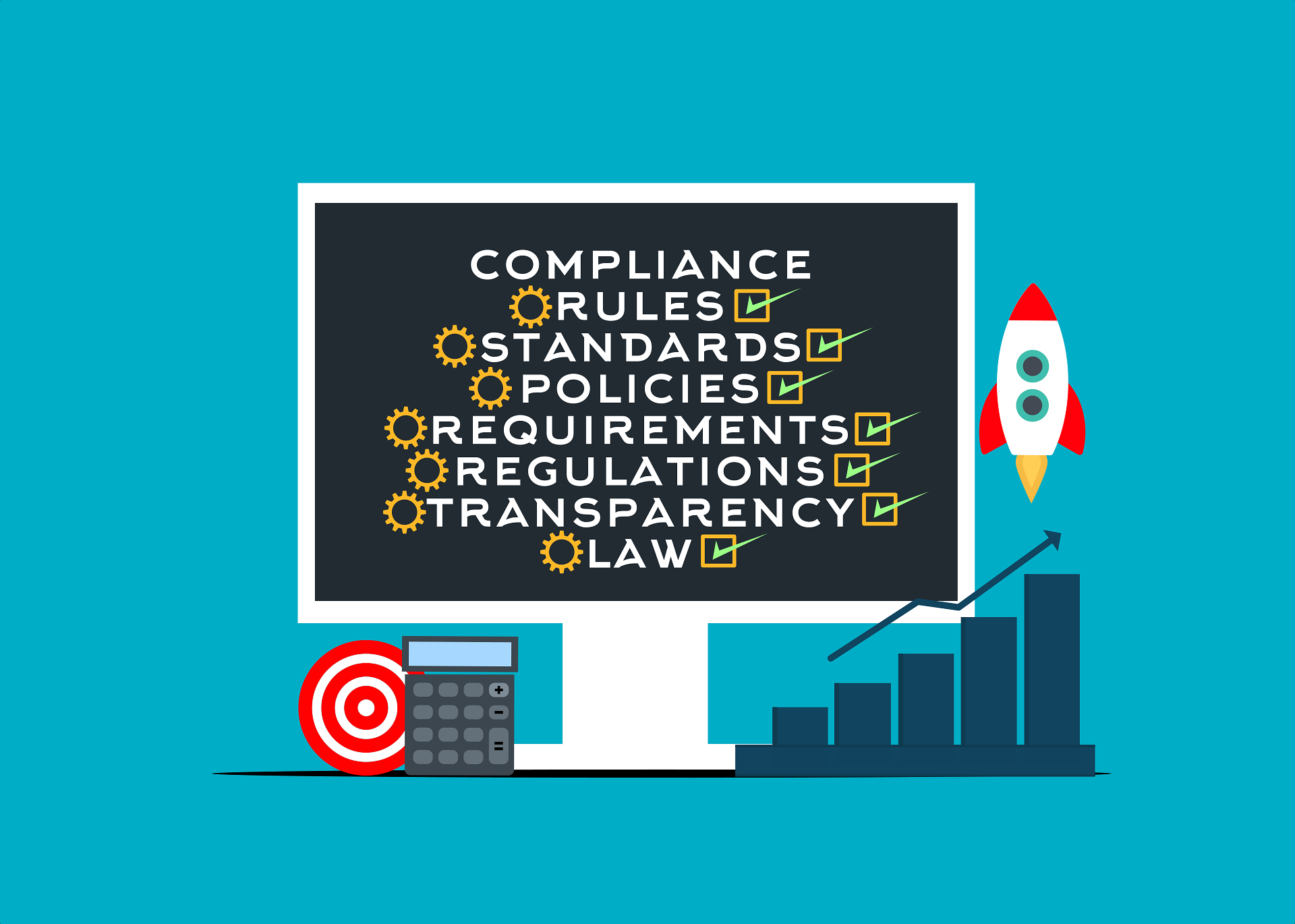
DTI Executive Director Chris Riley offers thoughts on third-party access and continuous and real-time portability under the DMA.

If you're going to go somewhere else, you need somewhere else to go and some way to get there.
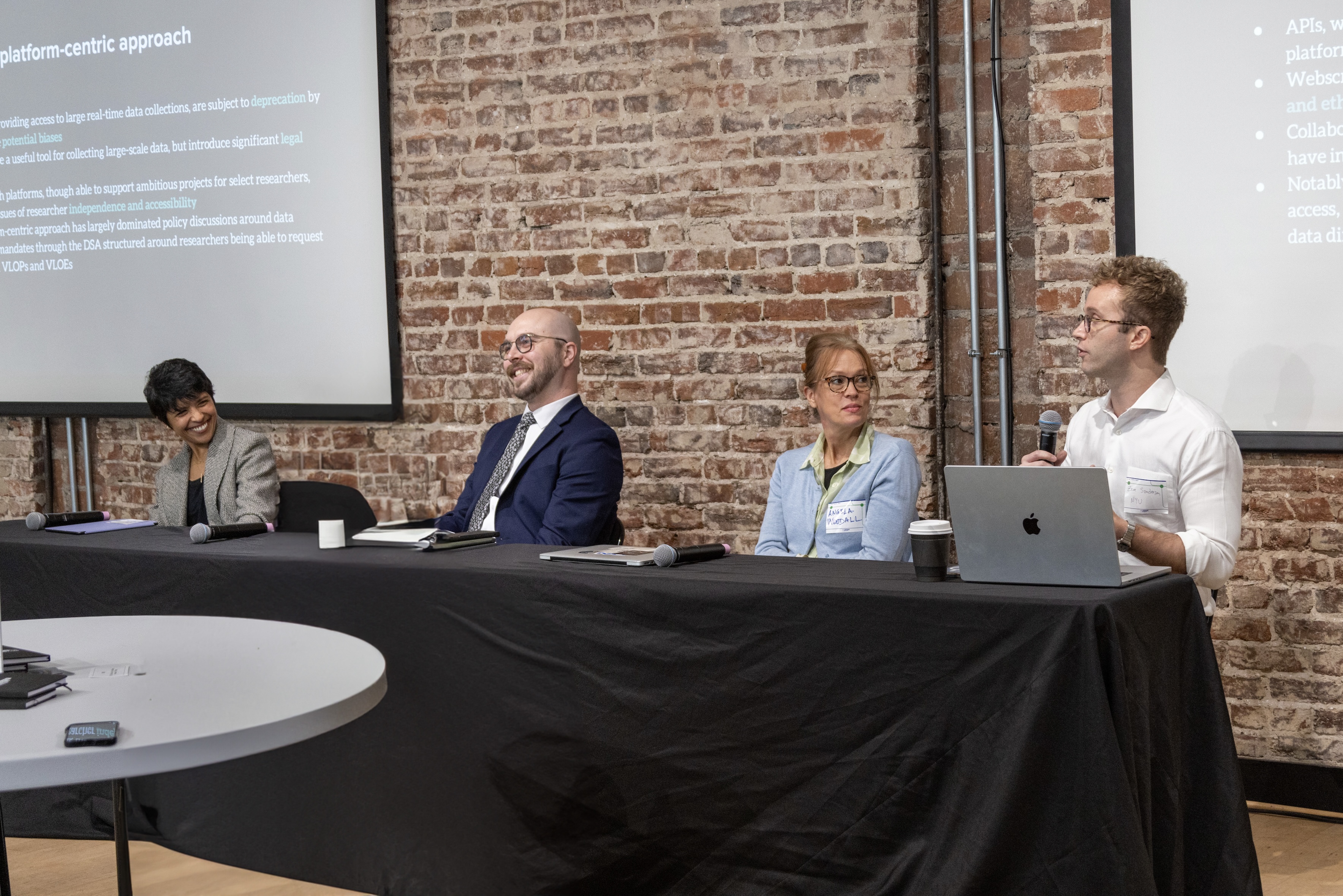
We are excited that Tech Policy Press agreed to publish our event report out article. In this post we give some highlights of that piece.

We are celebrating a milestone on our work to build a DTP-powered music playlist transfer tool - code from both Apple and Google is now in the DTP repo.
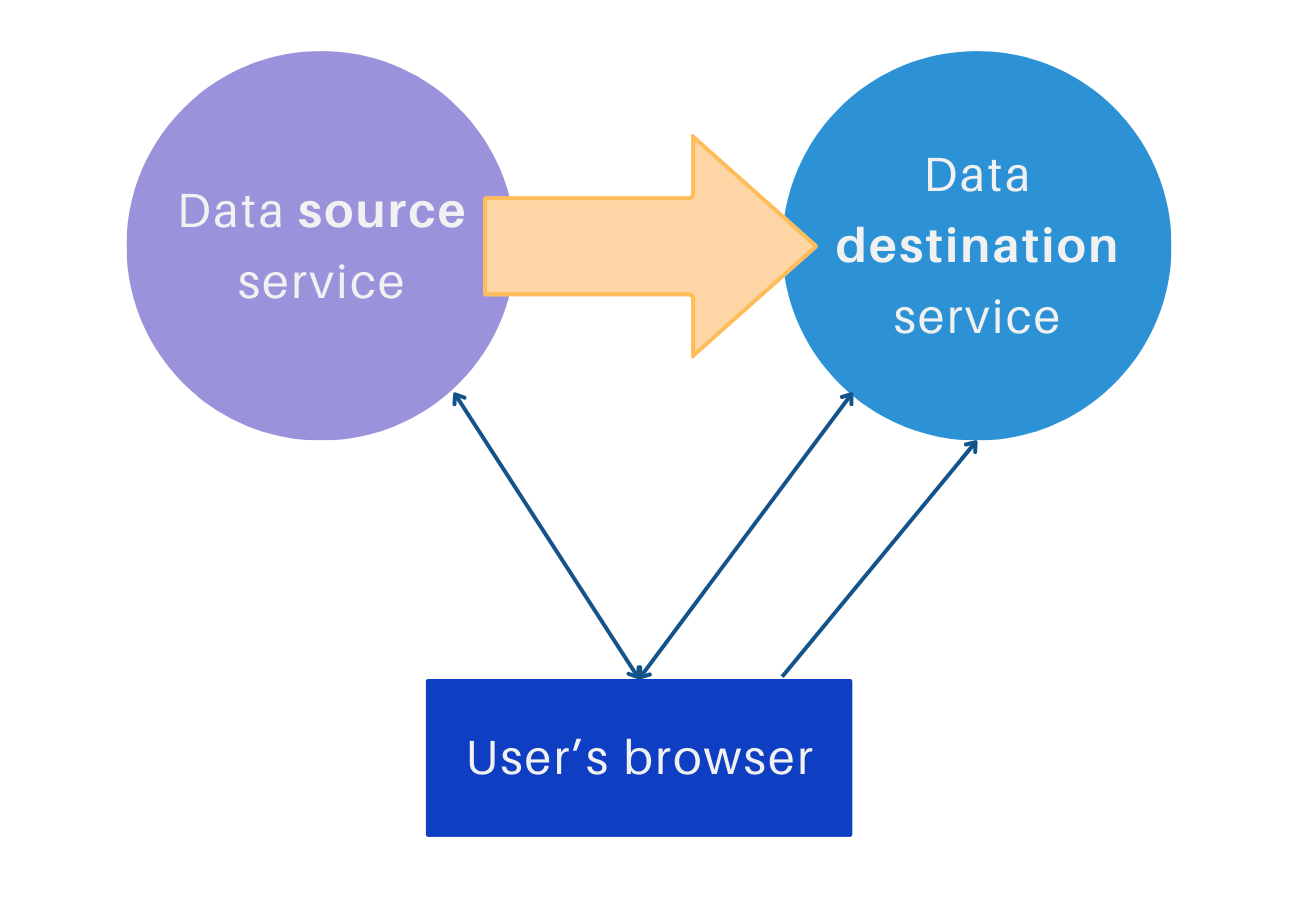
Part three of a series on service-to-service user-data portability architectures and how we can do threat modeling against the generic architecture. While exploring access control, harmful content and spoofing, many details turn out to be use-case dependent and the threat model must be considered again when we implement specific solutions. Hopefully this is a useful map of the threat territory.
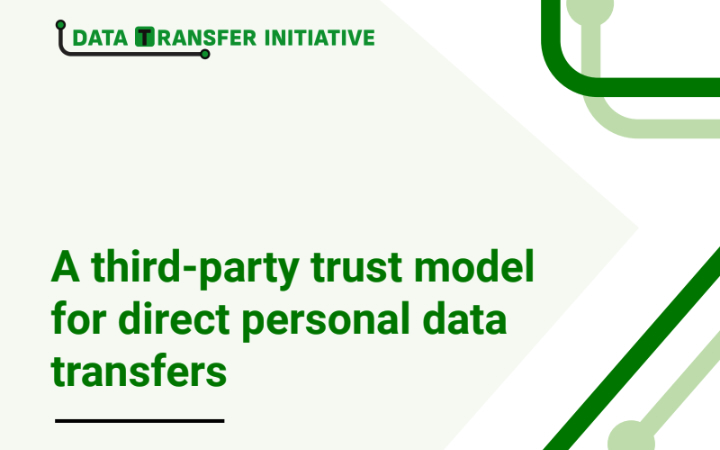
We are excited for two brand-new releases today, our first-ever portability map tool and the trust model report for third-party transfers. Check them out!
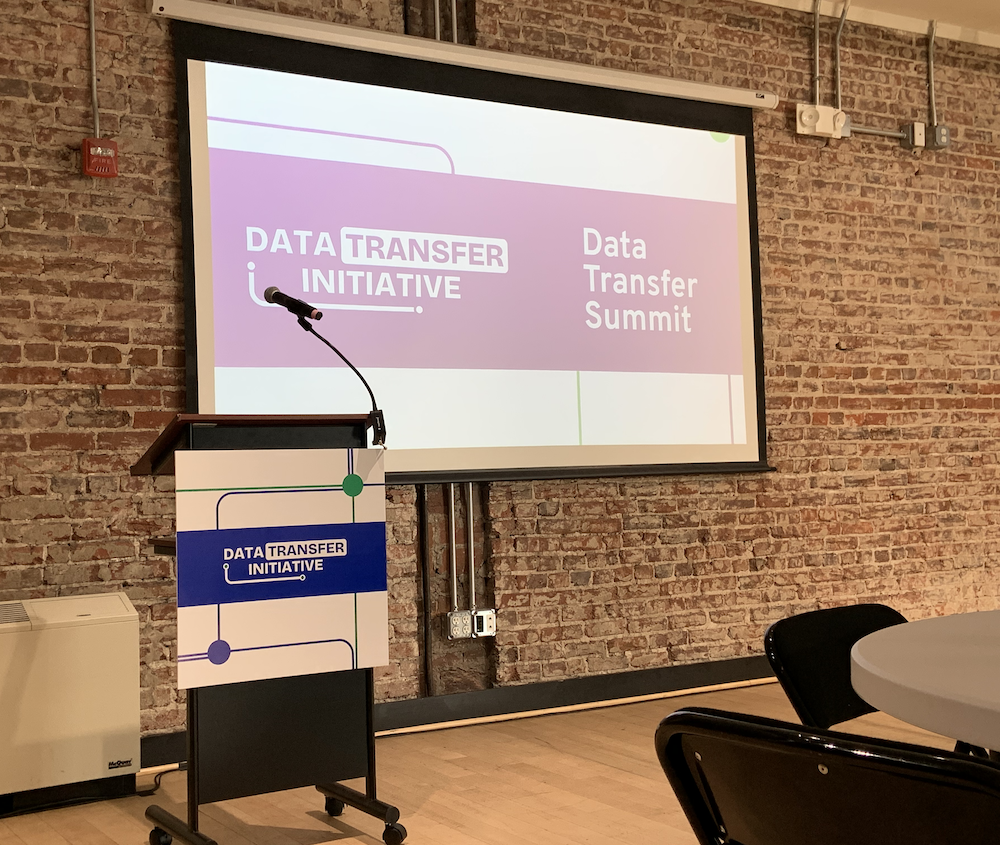
As I sit here in the lovely National Union Building in DC, the folks around me are finishing preparation for our summit. Speakers are beginning to arrive. The podium is ready! We just have a few last minute links to share, including a livestream link — maybe you can join us online?

We are excited. We hope you are too. I am sharing a preview of our event and the thinking behind it.

Tapestry, a new Kickstarter proposing a unified inbox for social media, might be a glimpse of a human-centered future enabled by data portability.

Chris Riley writes a few thoughts on the state of data portability policy in the European Union as the DMA approaches its historic effective date.

Upcoming event convenes academics, regulators and industry in DC to discuss difficult policy questions and the future of data portability policy.

Define categories of threats to data transfer, and examine which threats are easiest to handle with a reference architecture.

Happy New Year! We're starting the year with a few predictions for the year ahead for data portability. At DTI, we expect a big year ahead!
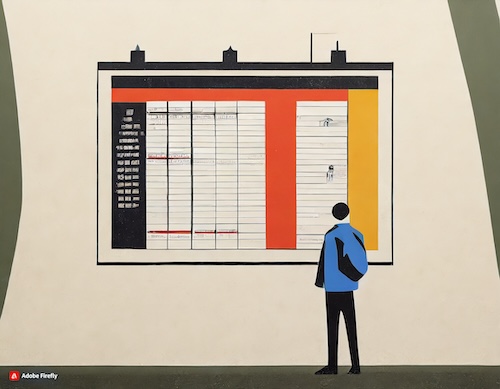
DTI's Director of Policy Delara interviews Joe Jerome in advance of DTI's future event showcasing Joe and other scholars writing on portability.
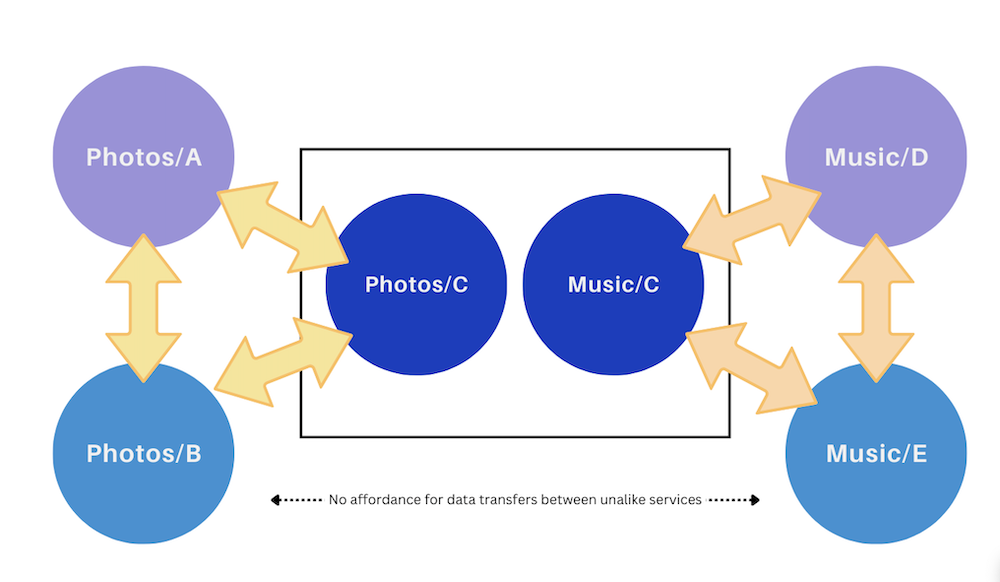
Before starting to describe a threat model for data portability, we will need some core use cases and a reference architecture.

Generative AI news fills all inboxes. But a key question of its future isn't yet being asked -- will users be locked in, or will their data be portable?

At DTI, we're looking to build a framework to establish trust between data hosts and recipients, keeping users safe and empowered at the same time.

Five years after GDPR, policymakers around the world have a new, or renewed, interest in data portability. DTI is engaging in this growing landscape.

How do you measure success? It's more than the KPIs or OKRs. At DTI we're articulating outcomes, capacities, and outputs to tell our story of impact.

At DTI, we’re starting to dig into portability solutions for something we’ve been calling “text-based social media” – think Mastodon, Threads, Bluesky, and the-service-formerly-known-as-Twitter. In a social space, the problems are both technical and social problems, and the solutions must be as well.

Competition is a compelling narrative to support data portability policy, and with the implementation of Europe’s Digital Markets Act taking headlines, it’s often front of mind. It’s important to remember that competition is not the only lens...
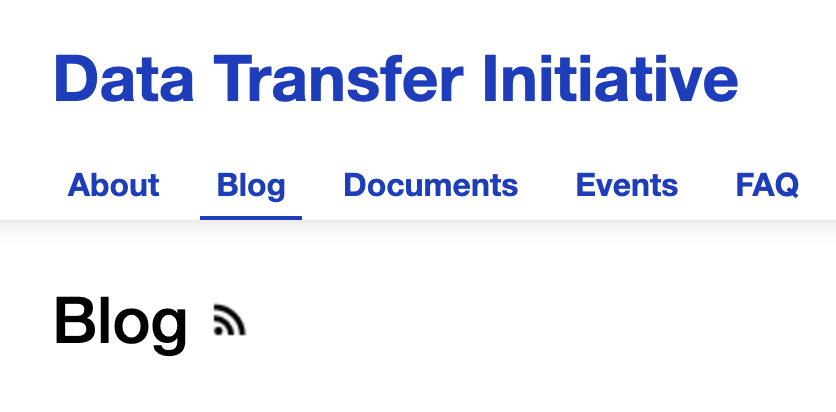
Our newsletter has been going out by email without our own permanent page and link, but here we are with a blog section at dtinit.org now.

Data sometimes feels like the simplest thing in the world. It’s just a bunch of 1’s and 0’s, right? Often we treat all data the same. For portability, however, we cannot

In the data portability world, foundational laws like the EU’s General Data Protection Regulation and California’s privacy laws provide users with the right to request their data from businesses, and the Digital Markets Act in Europe imposes additional portability duties on designated gatekeepers. But tech policy doesn’t stop being relevant when laws are adopted; to the contrary, that’s when the real work begins.

It is hard for me to believe that it has only been a few short months since the launch of the Data Transfer Initiative. Since I started, I’ve traveled to DC and Brussels, spoken on panels and government workshops (check out my slides from the European Commission’s “The DMA and data related obligations” workshop here), published a policy one-pager and written new articles on data portability, and met with policymakers, civil society organizations, and industry stakeholders. And I’ve done it all as DTI’s sole full-time employee.

Data’s fundamental characteristics, including its non-rivalrous nature and its ability to capture key learnings about the past and present – and even, as we see clearly through today’s explosion of large language models, predict the future – allow for an incredible range of valuable use cases, including through the combination of data across sources and across users. But some of the most valuable data is personal data, in which people have privacy rights and (in many countries) robust legal protections.

Thoughts on how to communicate DTI's work effectively, and how the multiplicity of channels landscape parallels data portability.

Articulating the landscape of portability-related problems as classic data portability, protocol interoperability, bulk data transfers, and continuous and realtime portability.

Since its founding in 2018, I’ve watched DTP with interest and enthusiasm [...] I’m pleased to announce the creation of the Data Transfer Initiative (DTI), a new non-profit organization that will house DTP and support the work that DTP started, with DTP remaining an open source project as part of DTI.